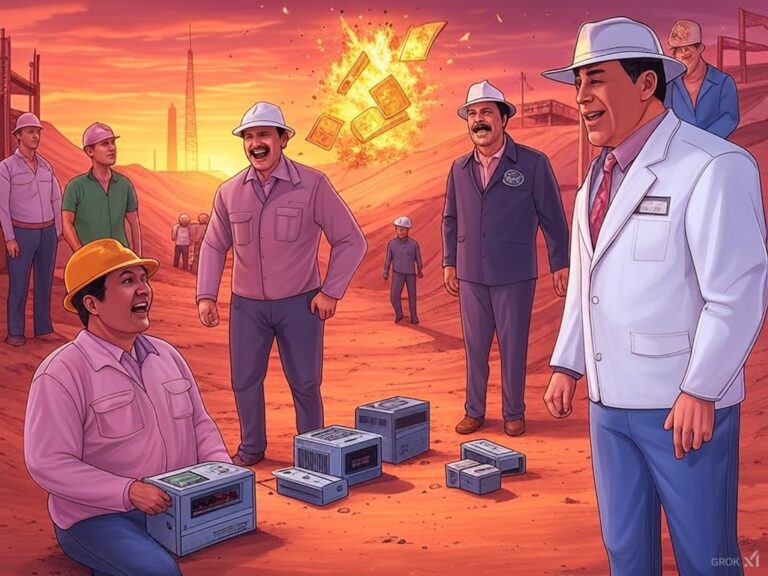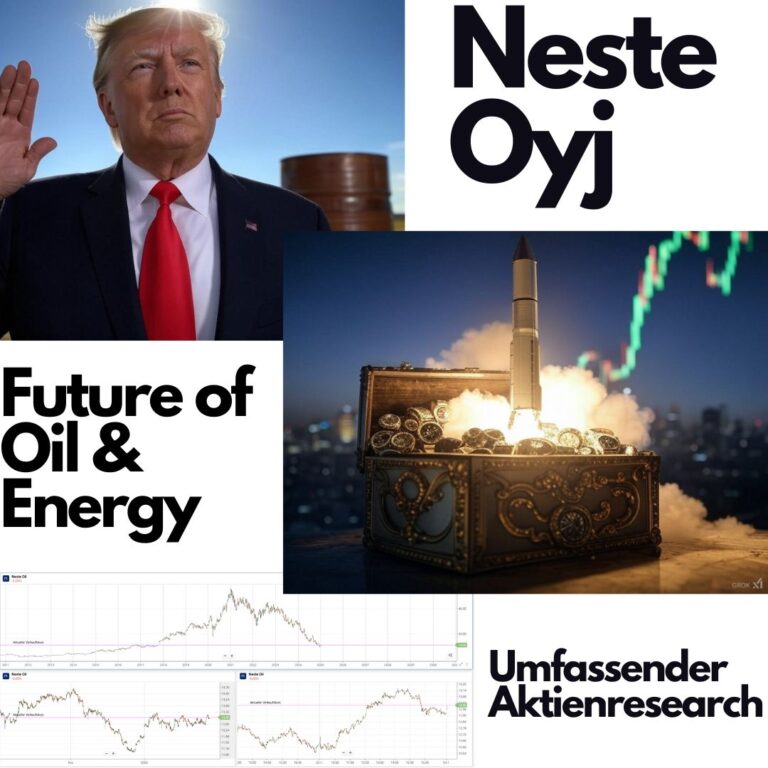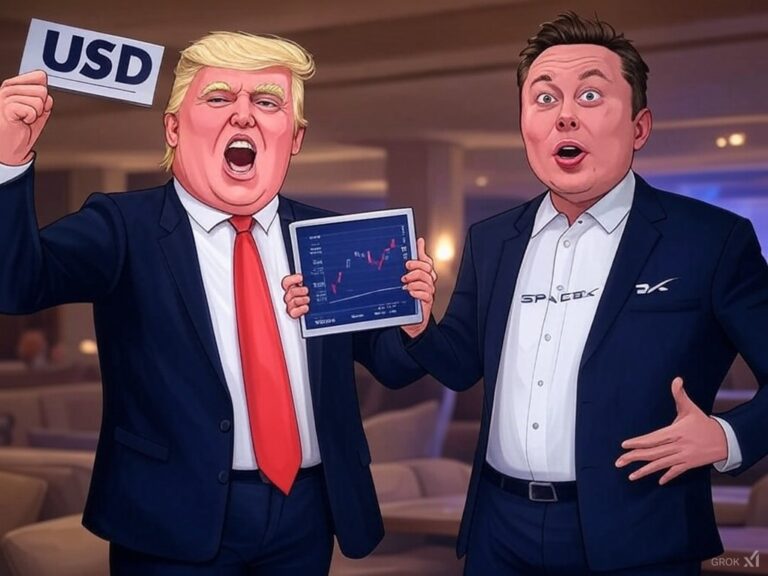Hardly any modern technology product can do without one or more of the rare earth metals. However, rare earths are not as rare as the name suggests. They are found practically everywhere around the globe. There are also deposits of rare earths in Europe and Germany.
The main producer of rare earths is still China. For the western industrialized countries, however, this means a major supply risk. So why aren’t rare earths mined in Europe and in Germany to reduce dependence on the main producer as a result?
Main producer is China
From car batteries to computers, monitors, smartphones and wind turbines, rare earths are needed in countless products. Without rare earths, their technologies would not work.
Rare earths include 17 metals from the lanthanide group of the periodic table, which in minute quantities are indispensable for numerous technologies due to their physical and chemical properties. China is not only the largest producer of rare earths, but also dominates the entire value chain up to the end product.
Many experts are therefore calling for the mining of rare earths to be promoted in Europe as well, in order to reduce the dependence of Western industrialized countries on China.
Rare earths are also available here
The fact that rare earths can also be found in this country has only been known for a few decades. Until not so long ago, people simply hadn’t looked for it. The most recent finds are only thanks to the development program „Economically strategic raw materials for Germany as a high-tech location“ of the Federal Ministry of Research in 2012. It is now known that Germany is also rich in rare earths.
But so far, commercial mining is not considered profitable. The complex and costly mining process and, above all, the associated environmental hazards are probably the main reasons why Europe has so far been rather hesitant about the extraction of rare earths.
Thus, the mining of rare earths to this day takes place mainly in countries that have no problem with the environmentally harmful extraction and in which, due to the poor and sometimes inhumane working conditions, the mining is not quite as costly.
Why not recycle?
There is no doubt that rare earths are coveted and important raw materials for all future technologies. So it is only logical that various recycling technologies are already available to reuse the coveted metals.
But recycling is currently not a solution-oriented alternative for Europe either. Many of the products, such as wind turbines, that contain rare earths have not even reached the point where they would be available for recycling. Large-scale recycling is therefore not yet possible at the moment.







